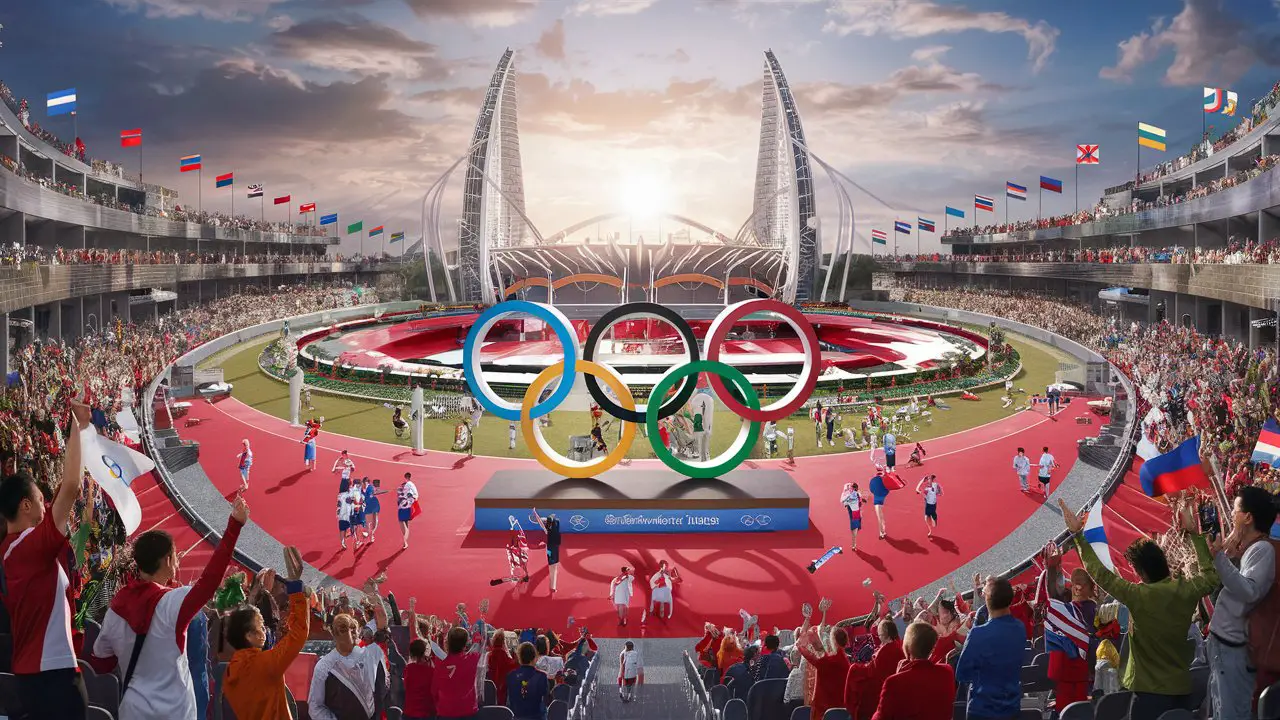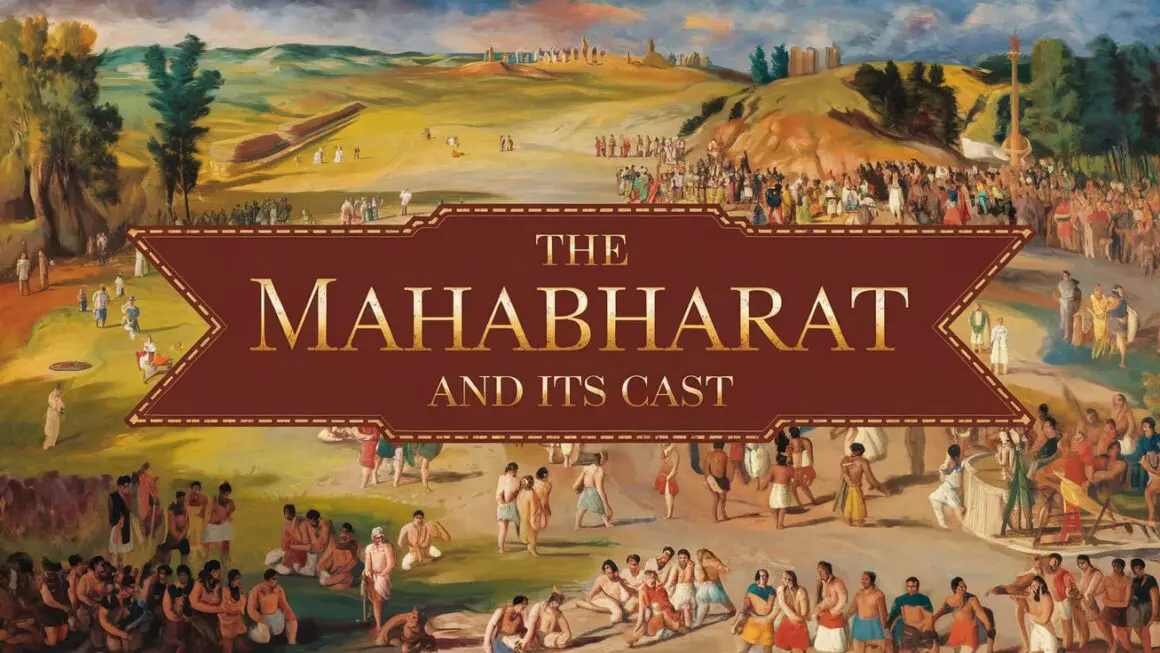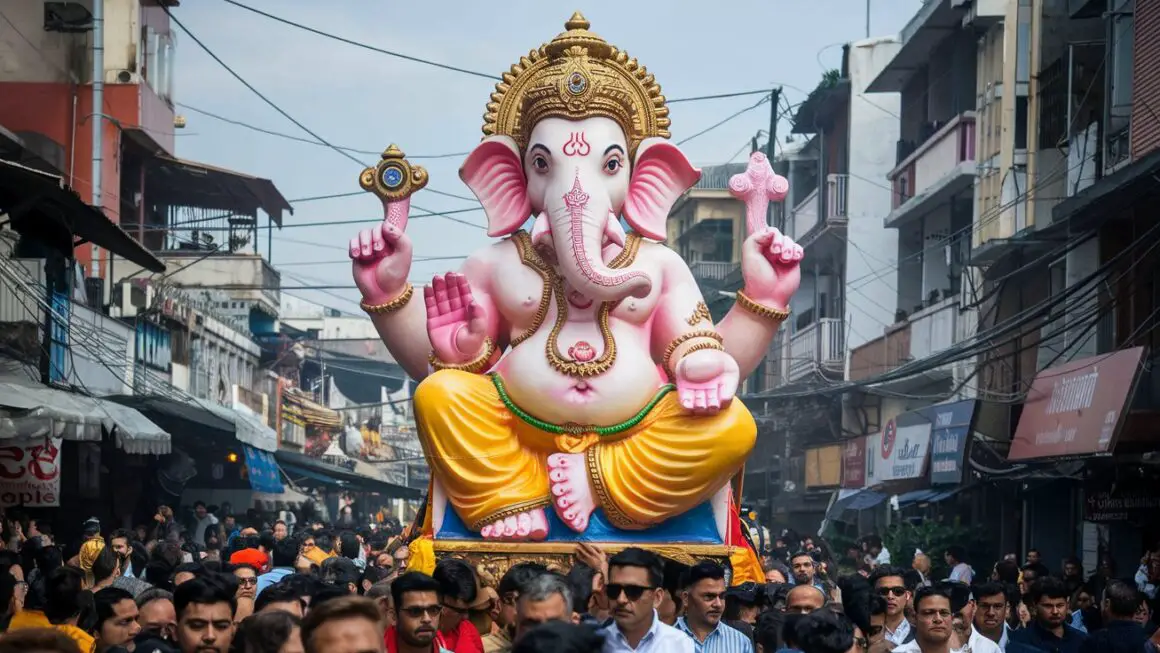1. Introduction
The Olympics, a global phenomenon that transcends borders, politics, and cultures, stands as one of the most celebrated events in the world. Originating in ancient Greece, the Olympics have evolved into a modern spectacle that not only showcases the pinnacle of athletic achievement but also fosters international unity and peace. With a history that spans over two millennia, the Olympics hold a special place in the hearts of billions, bringing together the world’s finest athletes to compete on a global stage. The significance of the Olympics goes beyond sports, as it embodies ideals of excellence, friendship, and respect, making it a vital cultural and social event with far-reaching implications.
2. Types and Categories of Olympic Games
The Olympics are divided into various categories, each catering to different athletic disciplines and demographics. The Summer Olympics, held every four years, feature the majority of traditional sports, ranging from track and field to gymnastics. The Winter Olympics, also held quadrennially, focus on sports practiced on snow and ice, such as skiing, snowboarding, and ice hockey. The Youth Olympics, introduced to engage younger athletes, serve as a platform for aspiring Olympians aged 15 to 18. The Paralympic Games run parallel to the Olympics and showcase the incredible talents of athletes with disabilities. Lastly, the Special Olympics focus on empowering individuals with intellectual disabilities, promoting inclusivity and respect through sports.
3. Olympic Symbols and Traditions
The Olympics are rich with symbols and traditions that reflect its history and values. The Olympic Rings, five interlocking rings of different colors, represent the unity of the five inhabited continents. The Olympic Flame, lit during a ceremony in Olympia, Greece, is transported to the host city via a relay and symbolizes the continuity between ancient and modern games. The Olympic Motto, “Citius, Altius, Fortius” (Faster, Higher, Stronger), encapsulates the spirit of striving for excellence. Additionally, the Olympic Oath, taken by athletes, officials, and coaches during the Opening Ceremony, emphasizes fair play and sportsmanship. The Opening and Closing Ceremonies themselves are grand spectacles that celebrate the host nation’s culture and the global camaraderie of the participants.
4. Sports and Disciplines in the Olympics
The Olympics feature a diverse range of sports and disciplines, reflecting the global nature of the event. Summer Olympic Sports include athletics, swimming, basketball, and football, among others, while Winter Olympic Sports include figure skating, biathlon, and curling. Over the years, the inclusion of New Sports such as skateboarding, surfing, and karate has kept the Olympics relevant to younger audiences. However, this evolution has not been without Controversies, as debates over the inclusion or exclusion of certain sports often arise, with factors such as global appeal, popularity, and tradition influencing decisions.
5. Qualification and Selection Process
The journey to the Olympics is rigorous, beginning with stringent Qualification Criteria that athletes must meet to compete. National Olympic Committees (NOCs) oversee the selection of athletes, ensuring they meet the standards set by their respective sports’ governing bodies. The selection of Host Cities follows a complex Bidding Process, where cities submit detailed proposals and undergo evaluation by the International Olympic Committee (IOC). This process is often marred by Controversies involving allegations of corruption and bribery, with the choice of host city sometimes sparking political and public debate.
6. Notable Olympic Moments in History
The Olympics have witnessed countless Record-breaking Performances and Iconic Athletes who have left an indelible mark on the games. From Jesse Owens’ triumph in the 1936 Berlin Olympics to Usain Bolt’s unparalleled sprinting dominance, these moments transcend sports, becoming symbols of human achievement. The Olympics have also been shaped by Political and Social Events, such as the Black Power salute in 1968 or the 1980 Moscow Olympics boycott, where global tensions played out on the Olympic stage. Some Memorable Olympic Games like the 1992 Barcelona Olympics are remembered for their transformative impact on the host city, while others like the 1972 Munich Olympics are remembered for tragic events.
7. Economic Impact of the Olympics
Hosting the Olympics is a massive undertaking with significant Economic Impacts. The Costs of Hosting include building infrastructure, security, and other logistics, often running into billions of dollars. While these costs are substantial, the Economic Benefits can be equally significant, including boosts to tourism, global recognition, and urban development. For instance, the Long-term Effects on Infrastructure and Tourism can be observed in cities like Barcelona and Beijing, where Olympic investments have continued to yield returns long after the games concluded. However, not all Olympic Games are financially successful; some, like Athens 2004, left the host city with a burden of debt and underutilized facilities.
8. Social and Cultural Impact of the Olympics
Beyond economics, the Olympics have profound Social and Cultural Impacts. They are a powerful tool for Promoting Peace and International Unity, bringing together athletes from conflict-ridden countries to compete under the same flag. The Olympics have also influenced Global Sports Culture, popularizing sports and inspiring millions to participate in athletic activities. The movement towards Gender Equality has been significant, with women’s participation increasing steadily, although challenges remain. Moreover, the Olympics play a critical role in Promoting Diversity and Inclusion, giving a platform to athletes from diverse backgrounds and highlighting the importance of representation in sports.
9. Environmental and Sustainability Issues
The environmental footprint of the Olympics is a growing concern, with the Environmental Impact of Hosting including issues like deforestation, waste generation, and carbon emissions. However, recent efforts have been made to Make the Olympics Sustainable, with initiatives like the “Green Olympics” in Sydney 2000 setting benchmarks for future games. Case Studies such as the London 2012 Olympics demonstrate successful integration of sustainability practices, including the use of renewable energy and recycled materials. Despite these efforts, Future Challenges remain, including balancing the needs of the host city with environmental preservation and setting new standards for sustainability in mega-events.
10. The Role of Technology in the Olympics
Technology plays an increasingly critical role in the Olympics, enhancing everything from Sports Technology to athlete performance. Advancements in areas like wearable tech, sports analytics, and equipment design have revolutionized training and competition. The Impact of Broadcasting and Media cannot be overstated, as global coverage of the Olympics reaches billions of viewers, shaping public perceptions and increasing the event’s accessibility. Social Media has further transformed the Olympic experience, allowing fans to engage with the games in real-time and fostering a global community of supporters. Moreover, Innovations in Athlete Training and Performance have pushed the boundaries of human potential, with technology playing a key role in optimizing performance and preventing injuries.
11. Challenges and Controversies in the Olympics
The Olympics are not without their Challenges and Controversies. Doping Scandals have plagued the games, leading to rigorous Anti-Doping Efforts and the implementation of strict testing protocols. Corruption and Bribery Allegations have also tainted the Olympic bidding and organization process, undermining the integrity of the event. Boycotts and Political Protests have occurred throughout history, with nations using the Olympics as a platform to make political statements. Security Concerns are another major challenge, as the need to protect athletes, officials, and spectators has led to extensive security measures, sometimes at the cost of civil liberties.
12. Future of the Olympics
As the world changes, so too must the Olympics. Upcoming Olympic Games in cities like Paris and Los Angeles are expected to push the boundaries of innovation and sustainability. Potential Changes and Innovations may include new sports, revised qualification criteria, and enhanced fan experiences. The Future of Olympic Sports and Disciplines is likely to evolve, with emerging sports gaining recognition and traditional sports adapting to new formats. In a rapidly changing world, the Role of the Olympics remains crucial, serving as a beacon of hope, unity, and human excellence.
13. Frequently Asked Questions (FAQs)
What is the Origin of the Olympics?
The Olympics originated in ancient Greece, where they were held in Olympia as a religious and athletic festival. The modern Olympics were revived in 1896 in Athens, Greece.
How are Olympic Hosts Chosen?
Olympic hosts are chosen through a bidding process overseen by the International Olympic Committee (IOC), where cities submit proposals and are evaluated based on various criteria.
What are the Different Types of Olympic Games?
The different types of Olympic Games include the Summer Olympics, Winter Olympics, Youth Olympics, Paralympic Games, and Special Olympics.
How Does the Olympics Promote Global Unity?
The Olympics promote global unity by bringing together athletes from around the world to compete in the spirit of friendship, respect, and fair play, transcending national, cultural, and political differences.
What are the Economic Benefits of Hosting the Olympics?
Economic benefits include increased tourism, global recognition, and infrastructure development, although the actual benefits can vary depending on the execution and legacy planning.
14. Conclusion
The Olympics are much more than a sporting event; they are a symbol of global unity, excellence, and human potential. As we look to the future, the Olympics will continue to evolve, reflecting the changing dynamics of our world. Whether through technological advancements, social change, or environmental initiatives, the Olympics will remain a powerful force in shaping our collective identity. To engage with the Olympic movement, individuals can participate in local sports, support their national teams, and embrace the values that the Olympics represent.














